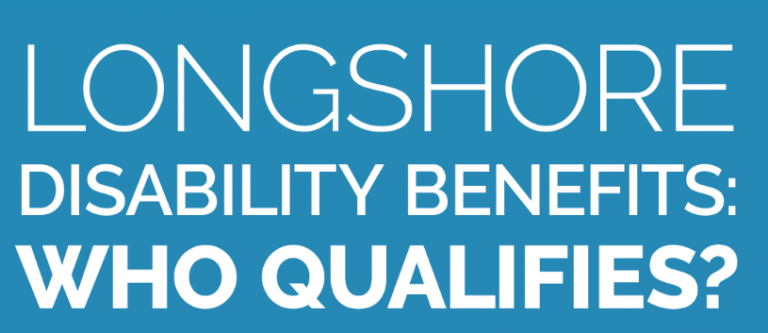The Longshore and Harbor Worker’s Compensation Act (LHWCA) provides protections for maritime workers who are not defined as seamen under the Jones Act. The LHWCA also helps bridge the gap between state workers’ compensation programs and maritime admiralty law protections.
To claim benefits under the LHWCA, one must notify the employer of the injury within 30 days of the accident. A formal LHWCA claim form must be filed with the Department of Labor within one year of the date of injury.
Furthermore, an employer has the right to dispute the claim for benefits or start benefit payments within 14 days of the reported accident. Due to the complex nature of LHWCA claims, it is best to consult with a qualified LHWCA and offshore injury attorney as soon as possible.
What Is the Requirement of Notification for LHWCA Claims?
The LHWCA does allow provisions where an injured employee may sue third-party entities or persons when it is believed these parties are partially or fully responsible for their injuries. However, they must adhere to the Requirement of Notification found in Title 33, Section (g) of the LHWCA.

As such, the employer must be notified when an employee is entering into a settlement with a third party and obtain written permission from the employer and/or their carrier to accept a settlement for an amount less than they would otherwise be entitled. Failure to do so could prevent the employee from receiving a settlement from the third party.
To illustrate why written permission is necessary, let’s look at the case of McGill C. Parfait v. Director, OWCP, Performance Energy Services and Signal Mutual Indemnity Association Ltd. The U.S. Court of Appeals for the Fifth Circuit held that Mr. Parfait failed to notify his employer and/or their carriers as required by Title 33, Section (g) of the LHWCA.
Mr. Parfait had filed a third-party claim against Wood Group PSN, Inc. and Apache Corporation for his injuries. However, Mr. Parfait failed to notify his employer of his claim and subsequent settlement and judgment he received. He also failed to obtain written permission to accept the settlement. Due to failing to meet the Requirement of Notification, Mr. Parfait lost his right to his benefits.
As can be seen, when suing one or more third-parties under the LHWCA, it is imperative to adhere to the Requirement of Notification to avoid losing your benefits. To ensure your rights to claim benefits under the LHWCA are protected, it is highly recommended to seek representation from an experienced longshoremen injury attorney at Maintenance and Cure.
Maintenance and Cure is part of the law firm of Schechter, Shaffer & Harris, L.L.P. Our LHWCA and offshore lawyers have over 100 years of combined experience representing injured maritime workers worldwide. Call 1-800-836-5830 now for a free consultation!




